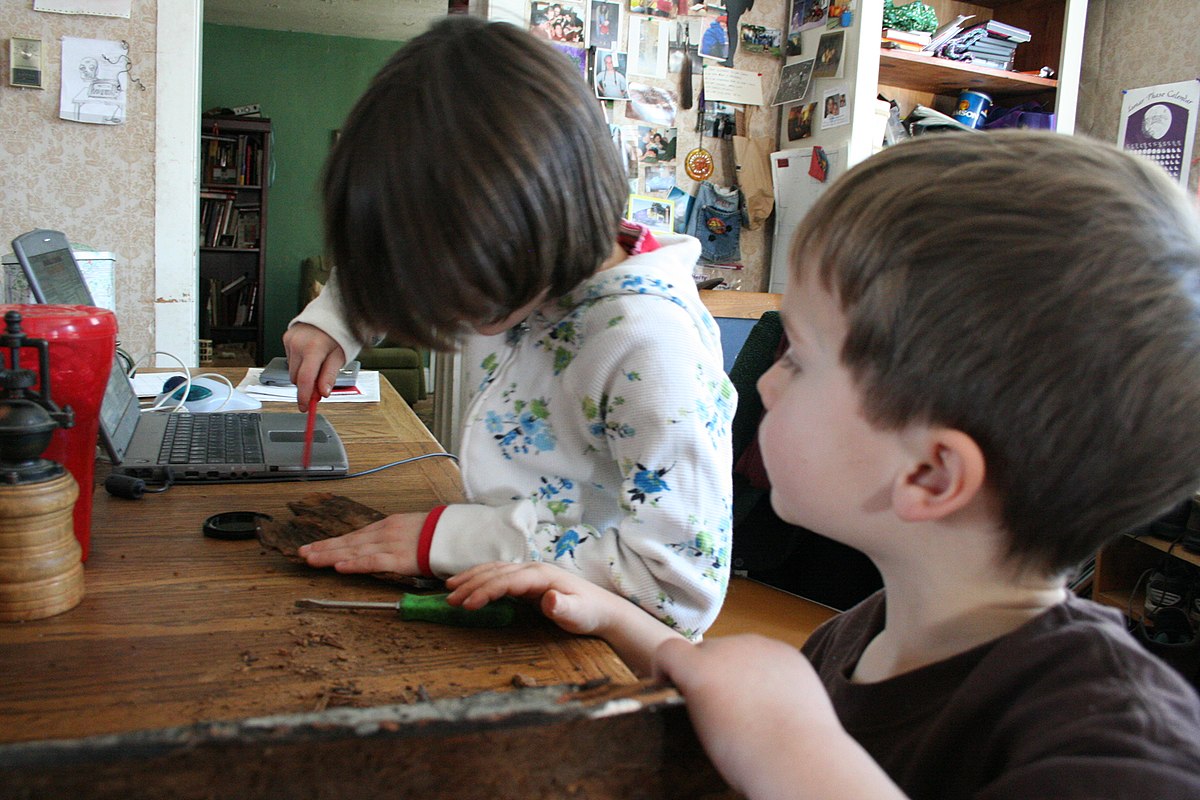JunkMonkey
Lord High Vizier of Nowt
My dad was an SF reader from his youth. I still have his battered copies of the HG Wells books he had as a kid. The first SF stories I remember reading - aged 9 or so - were Four in One by Damon Knight and the War Against the Yukks by Keith Laumer but they probably weren't the first but they are the first I remember with clarity. My dad had shelves full of copies of Galaxy, Analog, and Worlds of If that I just consumed. Then moved on to Robert Heinleins which I loved (I find him unreadable today) and Asimov's Foundation books etc etc.


